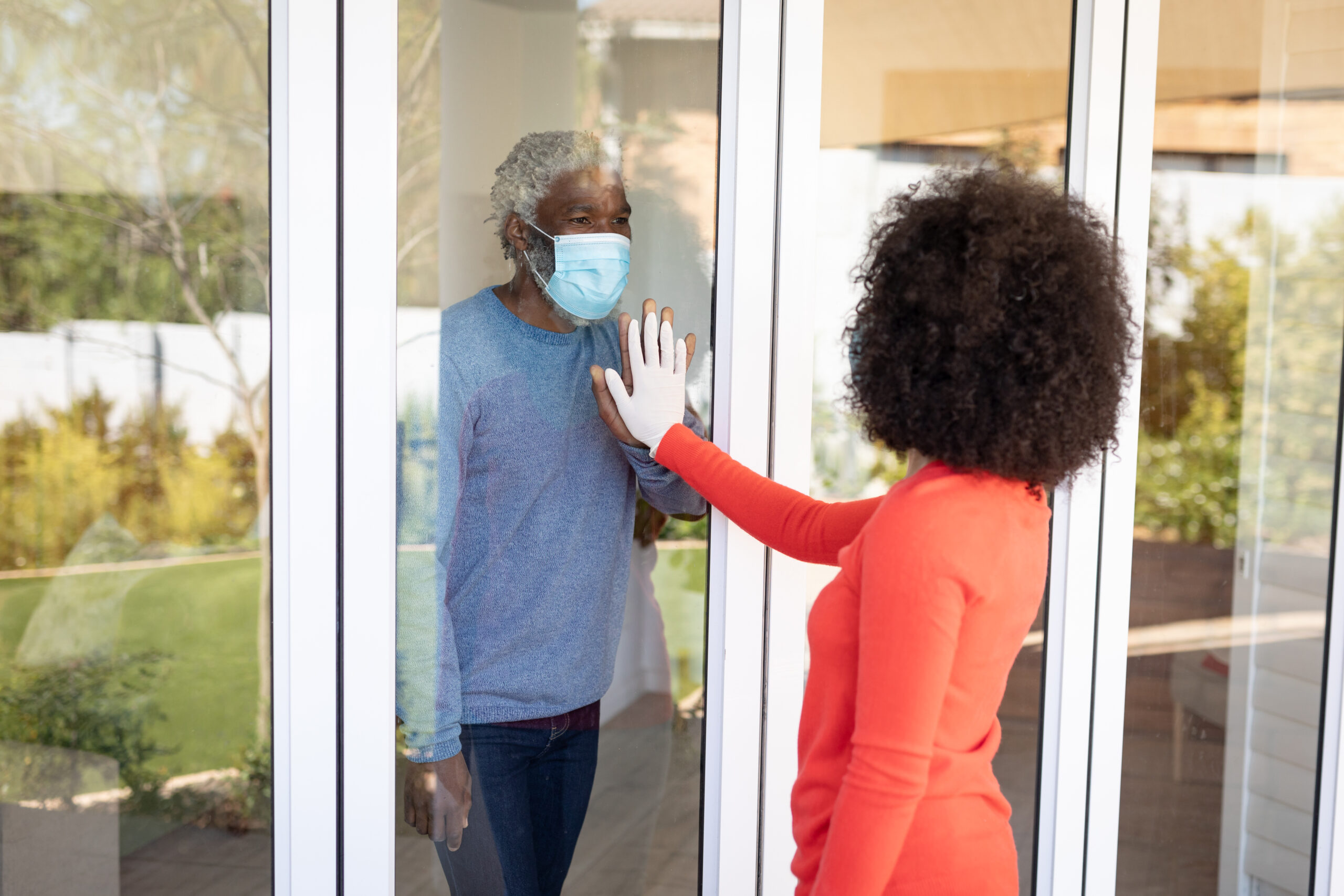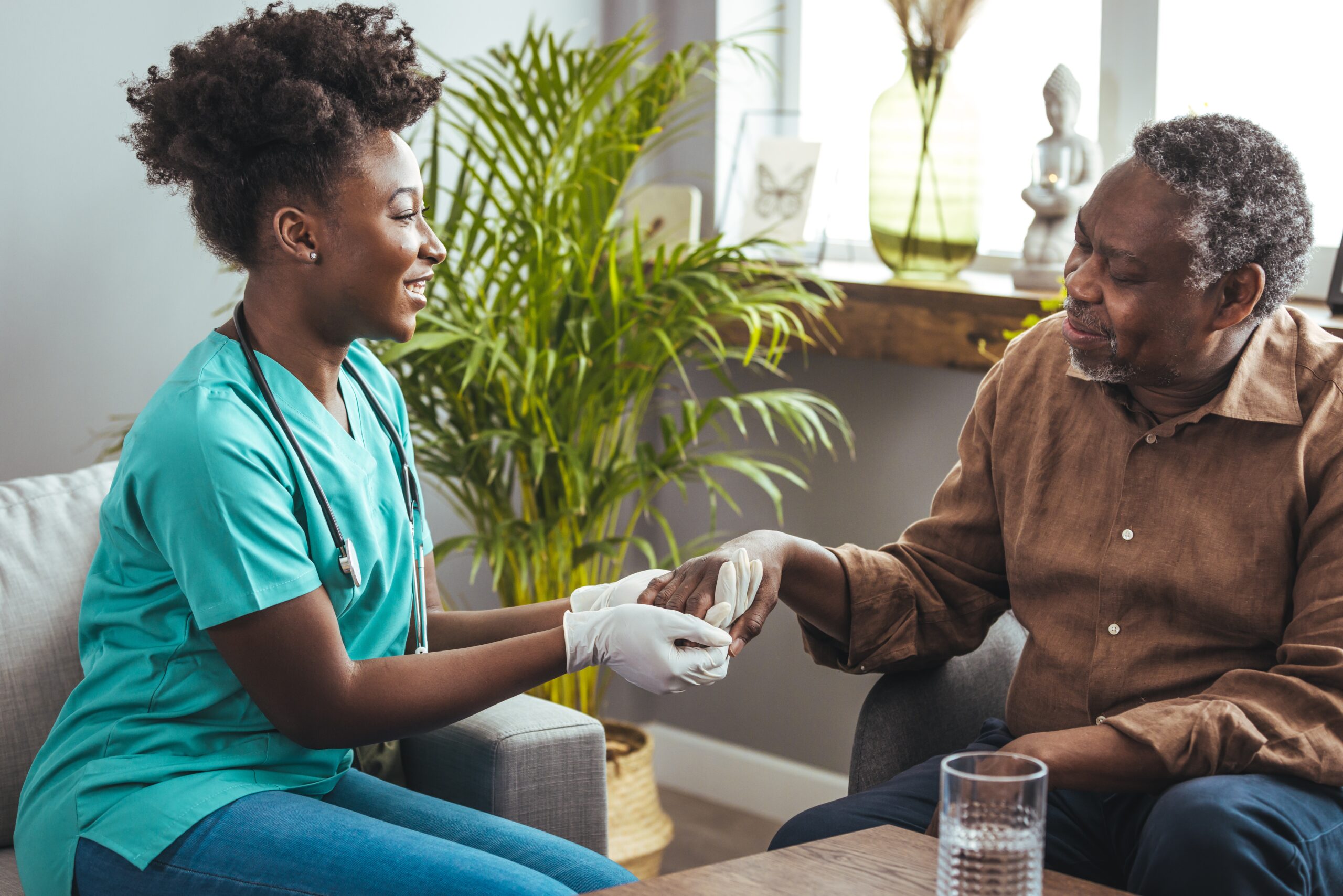Community Resilience
ISSUE AREA:
Community Resilience
Strengthening communities before response efforts begin.
Resilient communities are those able to weather the storm.
A community’s ability to withstand a disaster, rests on interdependent factors such as housing, food, and infrastructure. For marginalized communities that already lack these resources, a disaster not only drains these resources to a greater extent; it actually prevents the community from re-stocking them over the long term — making the effects of the next disaster even more severe.
Healthcare Ready sits at the nexus of the healthcare supply chain, public health, and emergency management — sectors that depend upon each other to respond in a crisis. From coordinating the delivery of radios and medical supplies for a small community shelter in Puerto Rico to working with clinics and government agencies across the country to plan for hurricane season during the pandemic, Healthcare Ready brings together the agencies, private-sector supply chain partners, and community organizations that need to effectively work together to respond to the health needs of residents.
Roundtable Discussion Series: Diseases and Disasters
Emergency management, public health and healthcare preparedness stakeholders have made significant progress in recent years in recognizing and overcoming ‘silos’ that exist within the fields preventing information sharing and establishing partnerships.
At the same time, there is a recognition that making sure community-facing organizations and patient advocacy and disease-focused groups are ‘at the table’ for preparedfdness conversations is important in ensuring their unique needs are accounted for in emergency plans and response efforts.
In an effort to provide a forum to share ideas and exchange information, Healthcare Ready hosted a series of roundtable discussions designed to bring patient advocacy and community-focused organizations together with public health preparedness policy experts to share information and ideas, build relationships, and better integrate all healthcare stakeholders in public health preparedness efforts.
Virtual Roundtable: Diabetes and Disasters
Roundtable Discussions: Pharmacy and Emergency Preparedness
This roundtable discussion was designed to bring public officials and retail and community pharmacy owners and operators, payers, healthcare preparedness experts and other pharmacy stakeholders together to review challenges associated with ensuring access to medicines during and emergency and building health resilience year-round. Discussion was framed to identify opportunities for innovation and share best practices.
Infographics
Infographic: COVID-19's Impact on Black and Latinx People
This infographic shows a few likely causes of the disparate impact of the COVID-19 pandemic on Black and Latinx communities. Black and Latinx people are testing positive and dying at higher rates from coronavirus. This pandemic is made worse by existing health and socioeconomic inequities, and in turn, it is worsening those disparities in Black and Latinx communities.
Infographic: The Importance of Resilience to Communities of Color
This infographic breaks down key features of resilient communities, in contrast with communities that lack resilient public health infrastructure. People of color usually fare worse in crises, like the COVID-19 pandemic, due to systemic inequities made worse by disasters. This graphic highlights the various ways we can harm or build resilience at the community level.
Training Videos
Healthcare Ready Virtual Training - Chronic Conditions and COVID-19
Watch this training for information on Healthcare Ready’s support for people with chronic disease and health conditions during COVID-19. Find resources on understanding supply chain coordination, navigating pharmacy care, and the risk and challenges we are working to resolve.
Healthcare Ready Virtual Training - Navigating COVID-19 for Elderly and Dementia Patients
Watch this training for information on the risks associated with COVID-19 on the elderly and those with dementia. Find tailored resources for elderly and dementia patients to stay safe, as well as best practices and solutions caregivers can implement to protect the health of these groups.
Community Attitudes Towards Disasters
As America approaches hurricane and tornado season, Healthcare Ready annually conducts a nationwide poll through polling firm YouGov designed to assess the American population’s greatest concerns regarding disasters and the preparedness actions they take. We use data from the poll to help determine how public attitudes and actions regarding disasters may impact healthcare and to inform policy conversations.
2022 National Poll
Our seventh annual “National Domestic Preparedness Survey” reflects our most robust survey analysis today, leveraging more data points to explore differences in preparedness practices of Americans across the country. provides invaluable information on factors that contribute to the uneven impact of unplanned events on communities of color, low-income individuals, the medically fragile, and other vulnerable constituencies who are more likely to live in at-risk environments.
2021 National Poll
Our sixth annual “National Domestic Preparedness Survey” provides invaluable information on factors that contribute to the uneven impact of unplanned events on communities of color, low-income individuals, the medically fragile, and other vulnerable constituencies who are more likely to live in at-risk environments.
2020 National Poll
Results from the 2020 survey revealed that while Americans are still most concerned that a natural disaster will impact their community, concern about an emerging disease quadrupled over 2019 numbers. The poll also revealed that 65% of Americans believe that a major disaster could impact their family, but less than half (40%) have an emergency plan in place or are likely to create one this year.
2019 National Poll
The 2019 survey results show that, once again, natural disasters are by far the threat of greatest concern to Americans. Results also indicate that while there is concern about disasters and disease outbreaks, most are not taking actions (on an individual or household level) to prepare. Despite 54% of Americans believing that a major disaster is likely to impact them in the next five years, over half of Americans (51%) do not have any emergency preparation plans in place.
2018 National Poll
Results from this year’s survey indicate that for the third consecutive year, natural disasters are the threat Americans are the most concerned about, by a substantial margin. Questions added to this year’s poll showed that Americans are almost equally divided in their belief that a disaster could impact them in the next five years, however. More than half of Americans (53 percent) do not have any emergency preparation plans in place, yet 42 percent are concerned about an emergency happening.
2017 National Poll
The results from the survey show that while Americans continue to rank the potential of a natural disaster as the disaster they are most concerned about affecting their community, they are split over who is responsible for preparing communities for disasters and disease outbreaks.
2016 National Poll
The results from the survey show Americans understand the devastating impact a natural disaster can have on their communities, but also reveal weakness about how and where people will get their medical information in a disaster.


